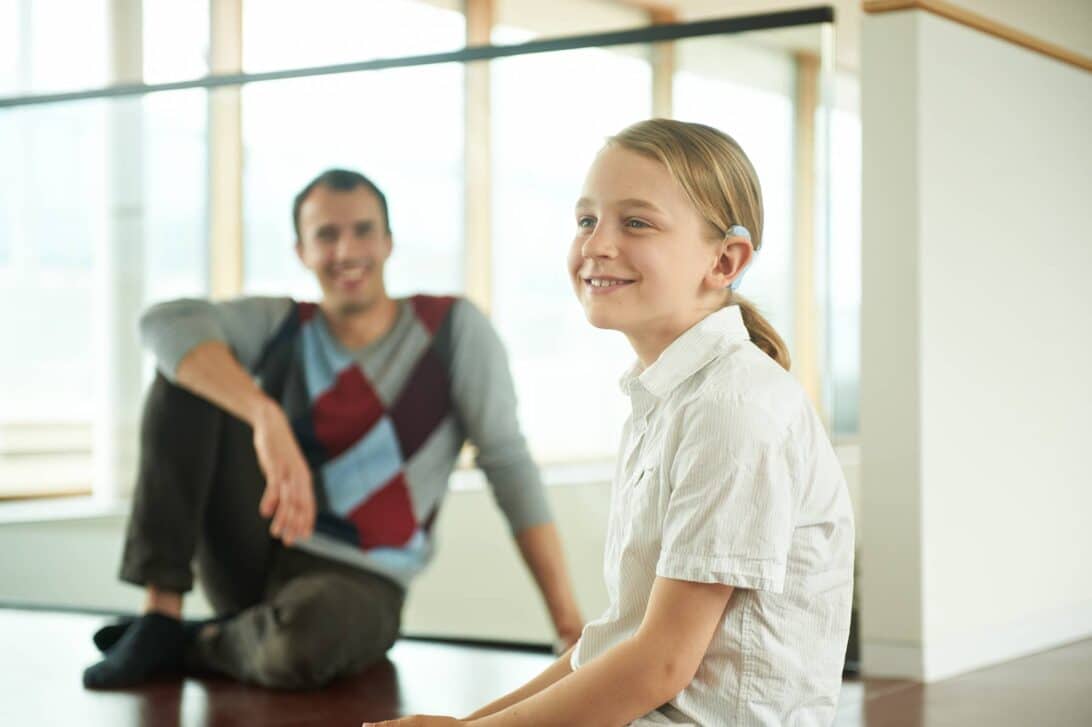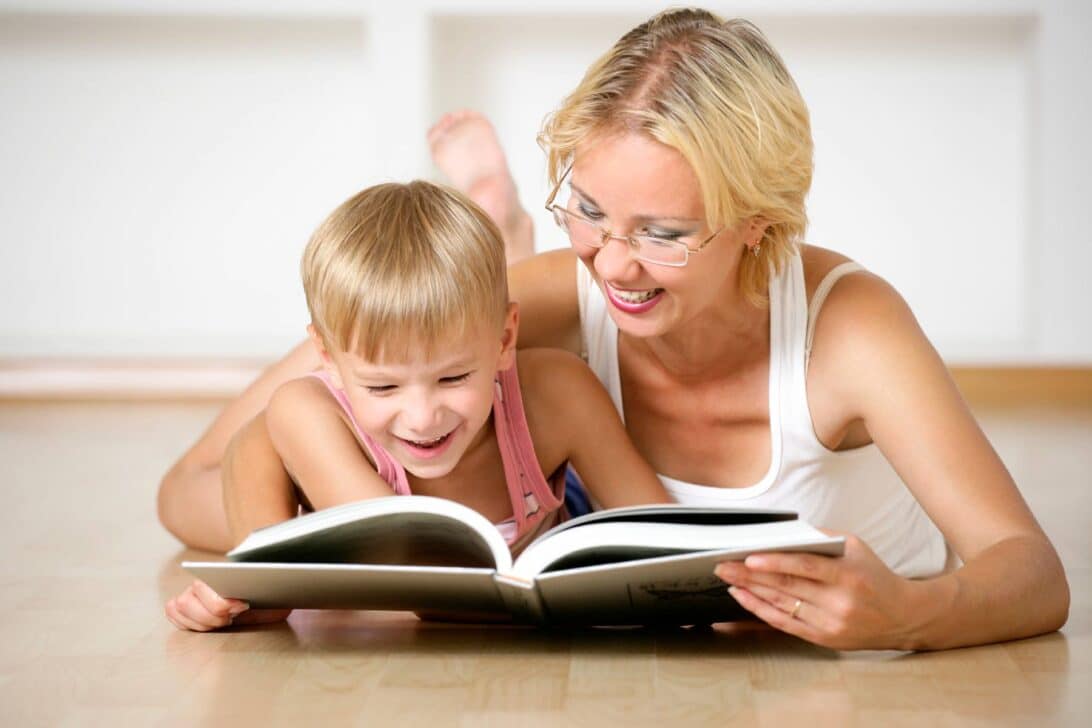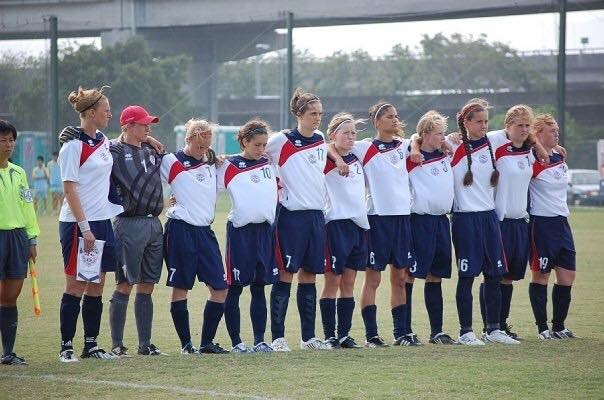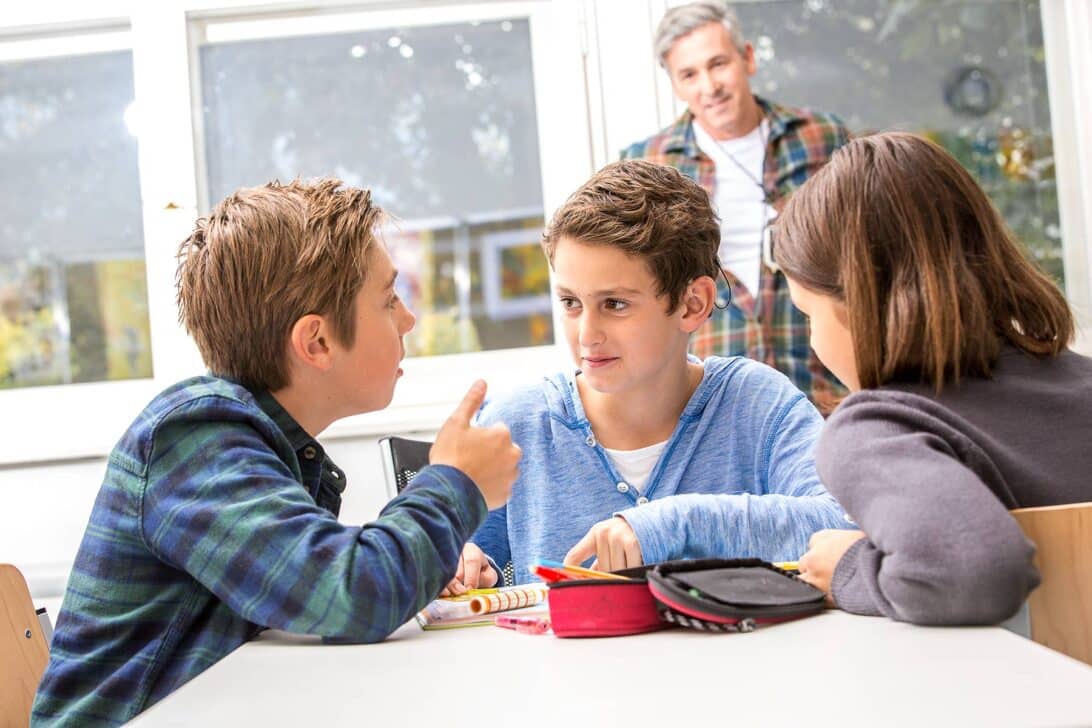
A cochlear implant can help your child to listen and communicate in amazing ways, but like everybody sometimes your child might find it hard to communicate in a conversation. Often this is because your child, or the person he or she is communicating with, just doesn’t understand what’s being said. So, when you’re talking with

.png)




